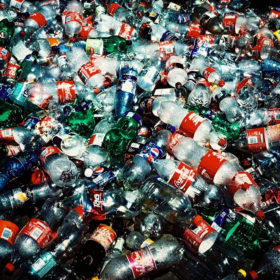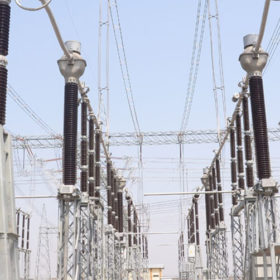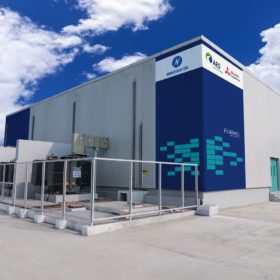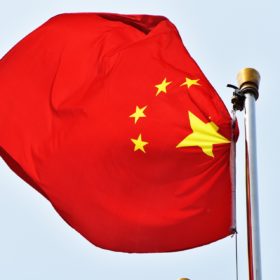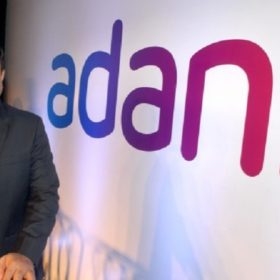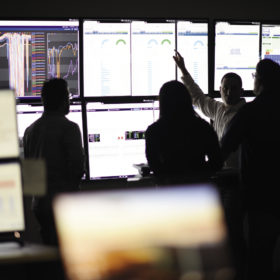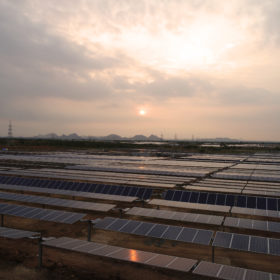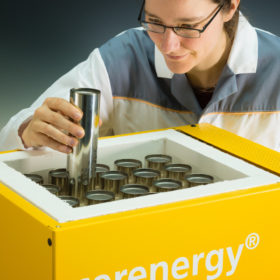20 MW floating solar-plus-60 MWh storage tendered for Lakshadweep
The Solar Energy Corporation of India has invited bids for the development of an aggregate capacity of 20 MW of lagoon-based floating PV with 60 MWh of battery-based storage systems in the Union Territory of Lakshadweep.
Researchers upcycle plastic waste into battery anodes
A new approach could extract carbon from polyethylenes in a cost-competitive way, that could be scaled up. Researchers have also performed electric testing with the extracted carbon and found it suitable for use as anodes in Li-ion batteries, among multiple other uses.
Sterlite Power forays into grid-connected battery storage
The power transmission infrastructure developer has submitted bids for two battery energy storage projects, with a cumulative capacity of 400 MW, in the recently concluded auction of Salt River Project utility in Arizona, USA.
India a $50 billion market for energy storage: AES
Given its ambitious goal of 175 GW renewable power by 2022 and push for electric mobility, the country presents a potential investment opportunity of $50 billion in battery storage facilities.
China ready to set 3 GW quota for residential solar in 2019
Sources have told pv magazine the authorities are ready to restart the nation’s residential rooftop segment and have also agreed upon subsidy payments for other distributed generation and utility-scale projects.
Adani pledges $4 billion for world’s largest solar hybrid park in Gujarat
Head of industrial conglomerate makes pledge at Vibrant Gujarat Summit as part of his company’s ambition to install 10 GW of renewables capacity by 2022.
The long read: Why are we not making the most out of big data analysis?
Although the solar industry sees itself as young, its assets are aging. Owners still struggle with the complexity of making the best use of big data analysis to improve plant efficiency and profitability. Ragna Schmidt-Haupt, of Everoze, examines why this has not changed, and what can or should be improved. Artificial intelligence, advanced data analytics, automated assessments and smart monitoring software – holistic solar asset management starts here.
Lakshadweep’s renewable with storage tender set for January 31
India’s Solar Energy Corporation of India (SECI) will float a global tender to develop renewable energy projects coupled with battery energy storage system across the 11 islands of the union territory of Lakshadweep.
Tecchren joins the race to make lithium ion batteries in India
Tecchren Batteries will establish a 200 MWh LiFePO4 battery manufacturing unit at Sri City in the state of Andhra Pradesh. Set up after an investment of Rs446 crore, the unit will produce approximately 700,000 li ion batteries per year.
Sodium-nickel-chloride battery could fit the bill for India
The new ‘cerenergy’ system that has been developed in Germany can operate without air conditioning by using vacuum insulation even in extreme temperatures. With no rare earths required for manufacture, the product’s basic material is salt.

